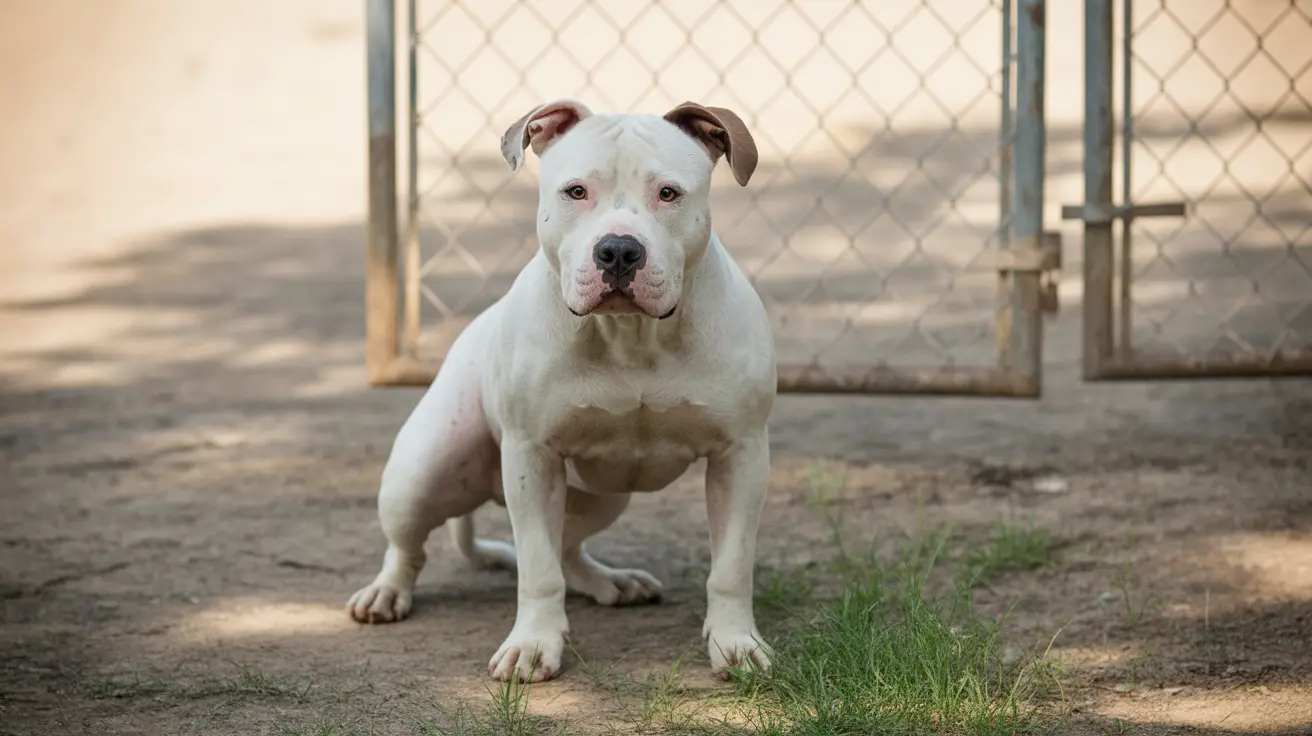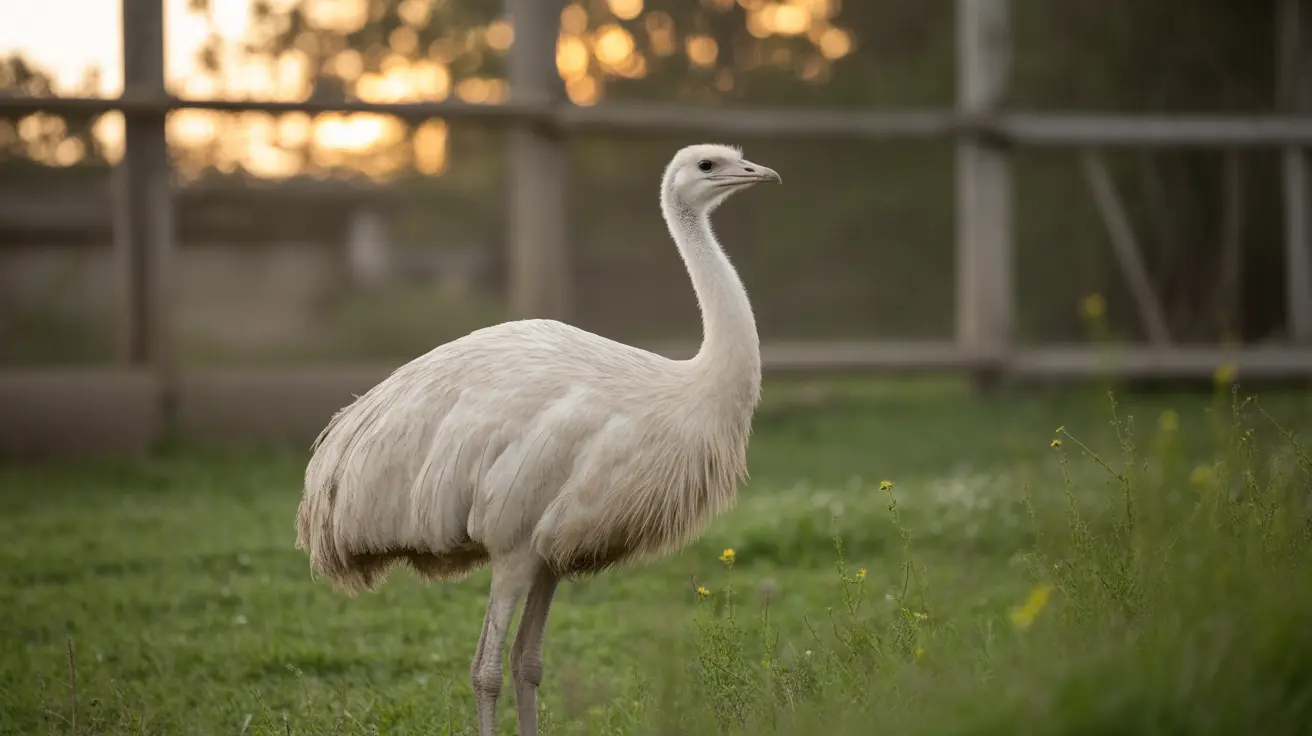What Is the Healthiest Dog to Own?
When choosing a dog to bring into your life, many prospective pet owners consider the pet’s average health and long-term care requirements. Breed-specific health issues, influenced by selective breeding and genetic predispositions, can affect a dog’s quality of life and lifespan. While nearly any dog can thrive with responsible ownership and veterinary care, some breeds generally experience fewer health problems than others.
Why Breed Matters
Purebred dogs are often selected for specific traits, such as appearance or temperament, sometimes at the expense of physical health. This can result in a higher occurrence of genetic disorders. Mixed breed dogs (mutts), by contrast, often benefit from what is known as hybrid vigor—a phenomenon where increased genetic diversity contributes to lower risks of inherited diseases.
Healthiest Dog Breeds
While no breed is 100% free from health issues, some are recognized for their general robustness and longevity:
- Mixed Breed Dogs – With greater genetic variability, mixed breeds are less likely to inherit the recessive genetic disorders common in purebreds.
- Australian Cattle Dog – Noted for its rugged constitution and active lifestyle, this breed is known for exceptional longevity (12–16 years) and minimal congenital health problems.
- Border Collie – Highly intelligent and energetic, the Border Collie is generally healthy, although they can be prone to eye issues. Regular checkups and an active lifestyle help mitigate most problems.
- Basenji – This unique African breed is compact, low-maintenance, and tends to suffer fewer health issues, though it may be prone to Fanconi syndrome (a kidney disorder) with age.
- Shiba Inu – This clean, agile breed is known for few genetic health issues, although it may be prone to hip dysplasia and allergies if not carefully bred.
Breeds with Significant Health Risks
In contrast, some of the most popular breeds suffer from serious hereditary conditions:
- English Bulldog – Characterized by brachycephalic syndrome, joint problems, and skin infections. Their physical build often prevents natural breeding or birthing.
- French Bulldog – Also brachycephalic, with a high risk for respiratory, spinal, and dermatological issues.
- Pug – Prone to brachycephalic airway syndrome, eye injuries, and joint deformities.
- Great Dane – Despite their gentle nature, they frequently suffer from bloat, heart disease, arthritis, and have a shortened lifespan (usually under 10 years).
- Rottweiler – Susceptible to joint conditions, various cancers, and heart disease.
Tips for Choosing a Healthy Dog
Whether you choose a purebred or mixed breed, several practices can help ensure your dog is as healthy as possible:
- Request Health Screenings – Ask breeders or shelters for veterinary health clearances, particularly for known breed-specific concerns.
- Avoid Extreme Physical Traits – Dogs bred for exaggerated features (flat faces, short legs, excessive folds) often suffer health consequences.
- Consider Shelter Adoption – Many shelter dogs are mutts, who statistically show fewer chronic genetic conditions.
- Maintain Regular Veterinary Care – Preventive visits help catch conditions early.
- Engage in Proper Nutrition and Exercise – A balanced diet and age-appropriate activity support long-term health regardless of breed.
Responsible ownership plays a crucial role in your dog’s health journey. No dog, regardless of breed, is immune to illness. However, being informed about potential hereditary issues, choosing a reputable source, and committing to preventive care makes a marked difference.
Conclusion
While breeds like the Australian Cattle Dog, Basenji, or mixed breeds are considered some of the healthiest to own, any dog can live a full, healthy life with attentive care. Ultimately, the healthiest choice is not just about the dog's breed but also about the owner's commitment to responsible pet care, routine vet visits, a balanced diet, and mental and physical stimulation.





